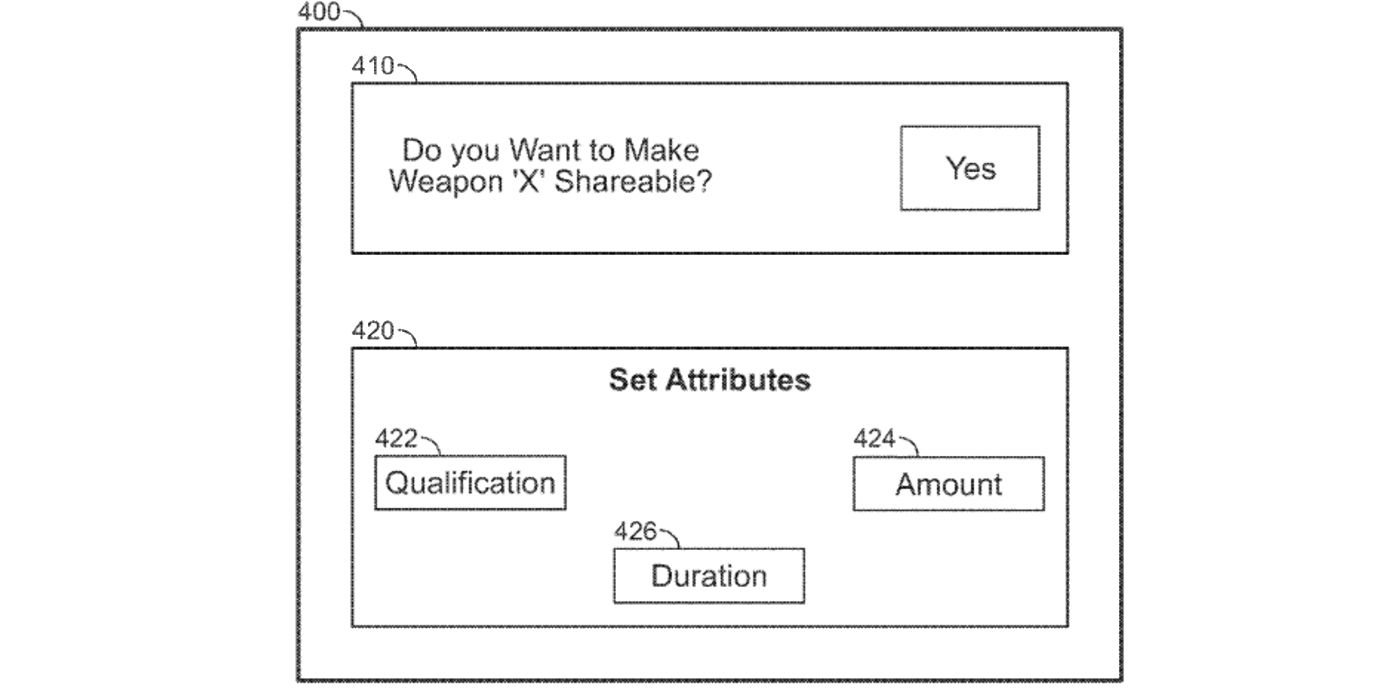Call of Duty may be looking to revolutionize in-game purchases in a remarkably generous way. A recent document suggests that Activision may be eyeing a way to allow players to share skins and other in-game cosmetics. Beyond other implications, this would allow Call of Duty players to share limited-time skins that their friends may have missed out on.
The system aims to put the player who owns the skins in control of the duration and conditions surrounding the sharing. If implemented, a player would choose a skin, flag it as shareable, and set a time limit for their friends to borrow it. While the potential with this system is mostly positive, allowing fans to enjoy cosmetics they either couldn't afford or just simply missed, there is also the potential for sharing problematic skins like the infamous Roze skin in Warzone. This means that an entire in-game squad could deck themselves out in unfair cosmetics.
Activision also laid out other ways that the system could be constrained. For instance, there could be a minimum level required to borrow certain items, as well as items that aren't available for sharing. Ultimately, the system was created in response to the fact that many exclusive and rare items sit in inventories unused as well as a response to benefit players who cannot afford oftentimes prohibitively expensive in-game cosmetics.
At this point, gamers are disappointed with the nature of microtransactions across nearly all their favorite titles. Whether it's loot boxes being likened to gambling, ridiculously expensive in-game purchases, or just a general decline of quality, microtransactions are increasingly coming under fire by the gaming community. A skin sharing system, like the one proposed by Activision, feels like a sharp turn away from the current direction of the industry. In the event that this system is implemented, it's likely to be well received by fans who are exhausted by the constant presence of expensive in-game transactions.
Of course, the system has implications far beyond the Call of Duty franchise and could be theoretically implemented into many future Activision titles. The skin sharing idea could also be another early indicator of the direction that parent company, Activision Blizzard wants to go. Just earlier this year, Blizzard was lauded for not including microtransactions within Diablo 2: Resurrected. The system could revolutionize the gaming industry by putting pressure on other developers to undertake similar measures or risk being viewed as greedy by their fans.


